Houston Innovation Awards to honor Wade Pinder as 2025 Trailblazer
And the award goes to...
On Nov. 13, we'll gather for the 2025 Houston Innovation Awards to celebrate the best and brightest in Houston innovation right now. And, as is tradition with the annual program, we'll honor one longstanding Houston innovator with the Trailblazer Award.
The award was established to recognize an individual who has left a profound impact on Houston's business and innovation ecosystem and is dedicated to continuing to support Houston and its entrepreneurs. The recipient is selected by our esteemed panel of judges from a pool of internal and external recommendations.
The 2025 Trailblazer Award recipient is Wade Pinder of Product Houston. A familiar face to those active in Houston's innovation sector, Pinder identifies as an "Ecosystem Wayseeker" and is the founder of Product Houston.
Pinder, a former product manager at Blinds.com, arrived in Houston in 2008 and has been deeply engaged in Houston’s startup and innovation scene since 2012. Over the years, he has supported hundreds of founders, product leaders, and community builders across the Houston area.
In 2023, he was honored as Mentor of the Year in the Houston Innovation Awards. Today, he fosters collaboration, clarity, and connection through his work at Product Houston, and he helps innovators find their place in the local sector via his monthly "Houston Ecosystem Mapping" sessions.
Read below for Pinder's insightful takes on the Houston innovation scene and what it means to blaze a new trail. Then, join us as we celebrate Pinder and all of our nominees and winners at the 2025 Houston Innovation Awards on Nov. 13 at Greentown Labs. Tickets are available now.
InnovationMap: Describe the growth of the Houston innovation ecosystem from your arrival in 2008 to now.
Wade Pinder: When I first arrived in Houston in 2008, the innovation ecosystem was more fragmented than it is today. Connecting with other innovators often meant attending a lot of hit-or-miss events. Over the years, it’s been incredible to see the network take shape and grow into a true community. I’ve had the privilege of being involved with several coworking spaces and accelerator programs along the way, and it’s been especially exciting to see Station Houston evolve into what is now the Ion District. What makes the Ion unique is how it blends openness and opportunity… ideas spill into and out of the space, and anyone can walk in, participate in programming, and find themselves in proximity to people who might help them take the next steps.
Additionally, the expansion of spaces like Texas Medical Center Innovation, Helix Park, The Cannon, and many others, have broadened Houston’s innovation landscape in powerful ways.
Today, when someone new moves to Houston and wants to plug into the startup and innovation scene, it’s much easier for them to find their way than when I moved here in 2008. I think that’s something Houston can really be proud of.
IM: As someone who engages with the broader Houston innovation community on a regular basis, what are the shared characteristics and traits that you see among its members?
WP: One of the things that makes Houston’s innovation community unique is how deeply it’s rooted in industry. So many of the innovators I meet come from within Houston’s major sectors, and they’ve seen firsthand where opportunities lie, which gives their innovation a certain practicality. They’re developing solutions that solve real, often complex, business and industry problems, not chasing trends or trying to create the next flashy consumer app.
What I admire most is that this community is growing in its understanding of the value of collaboration. They work with the systems and expertise that already exist, and find better ways to make them work together. Another shared trait I see across Houston’s innovators is a deep sense of curiosity and a drive to question the status quo while looking for better ways to build, improve, and solve.
IM: You’ve said, "Houston has Houston problems, and Houston needs Houston solutions." How do you see this taking shape in the innovation sector right now?
WP: When I first started getting connected to Houston’s startup and innovation scene in 2012, I noticed folks had a tendency to look at other cities and ask, "How can we do what they did?" Back then, we saw phrases like "Silicon Bayou" pop up, and while that enthusiasm was hopeful, it often discounted the things that make Houston unique. Over time, I’ve come to believe that the better question is: "What are we already great at, and how can we innovate from there?" The flip side of that question is to reflect on the things that hold us back as an ecosystem… identifying the friction points and finding practical ways to smooth them out.
From my time wandering around our ecosystem, I’ve come to understand Houston is great at infrastructure at scale, solving life-and-death challenges in the global spotlight, and "boldly going where no one’s gone before." These three things, in my opinion, capture the essence of Houston does best: We do hard things here.
What excites me today is that we’re applying innovation to those core strengths in ways that feel authentically Houston. One area I’m especially excited about is the emergence of the “New Space Economy,” captured beautifully in Wogbe Ofori’s thought piece “The Astropreneur’s Startup Journey Map.” It's a great example of how the next wave of space-related innovation might connect to Houston’s long-standing strengths in manufacturing, logistics, and problem-solving at scale.
Another challenge Houston faces is what I call a "proximity problem." Even when events are only a few miles apart, traffic can make it difficult for people to stay connected across the city. That’s why I’m so encouraged by the rise of what I think of as "intent-based gatherings" around the city: events designed with purpose, where people know they’ll find real connection and value once they arrive.
IM: Finally, what does being a "Trailblazer" mean to you?
WP: To me, trailblazing in the Houston innovation ecosystem means being willing to wander through the many different corners of the community and look for value in places we often overlook. It’s about showing up at events, community meetings, and pitch competitions — not just to participate, but to notice how each of these "nodes" in the ecosystem connects and adds value to the others.
Sometimes the trailblazer only walks a trail once: as they are discovering it. If you can help others see a newfound trail’s purpose and potential, it becomes a path others can follow more easily in the future. That’s the real work of a trailblazer: mapping connections, framing their value, and helping people recognize how those pathways strengthen the ecosystem as a whole.
In a broader sense, trailblazing is about seeing things not just as they are, but as they could be. Then taking the steps, however small, that make that vision real.
---
The Houston Innovation Awards program is sponsored by Houston City College Northwest, Houston Powder Coaters, FLIGHT by Yuengling, and more to be announced soon. For sponsorship opportunities, please contact sales@innovationmap.com.

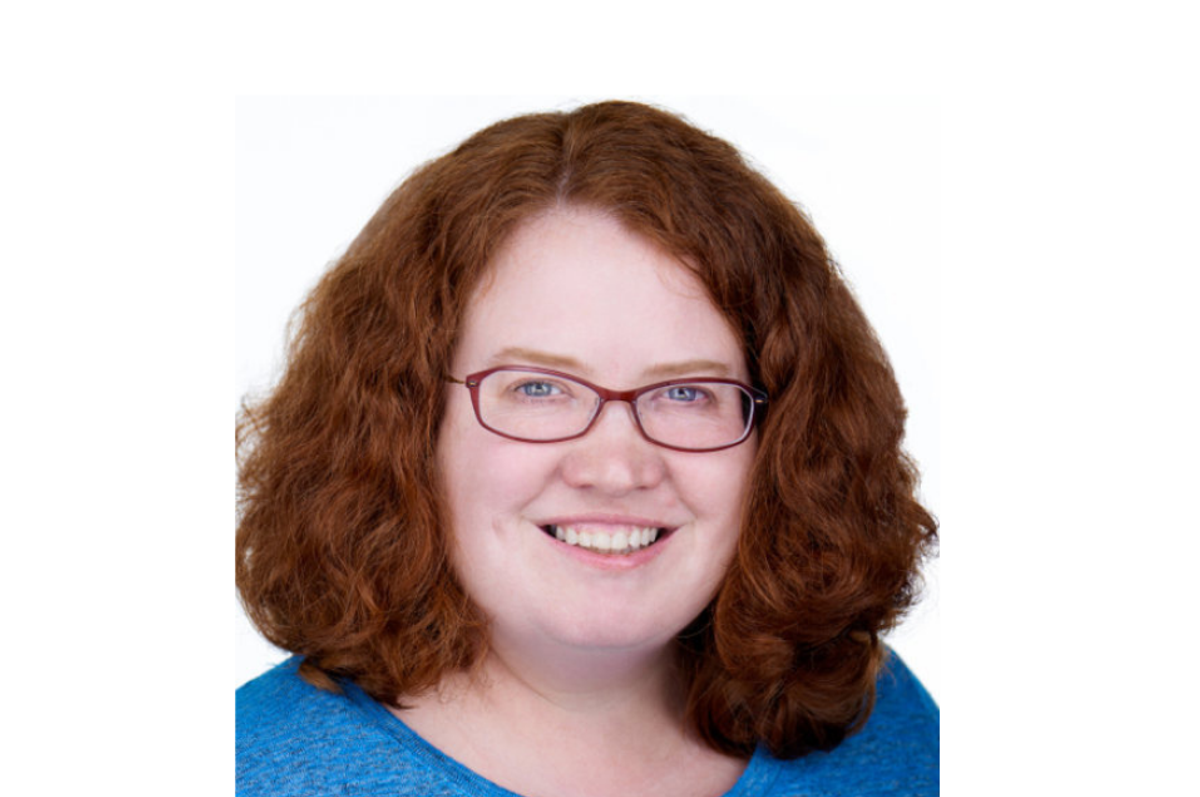 Houston data scientist joins medical device startup amid AI evolution in the sectorAngela Wilkins joins the Houston Innovators Podcast to discuss the intersection of data and health care. Photo courtesy
Houston data scientist joins medical device startup amid AI evolution in the sectorAngela Wilkins joins the Houston Innovators Podcast to discuss the intersection of data and health care. Photo courtesy
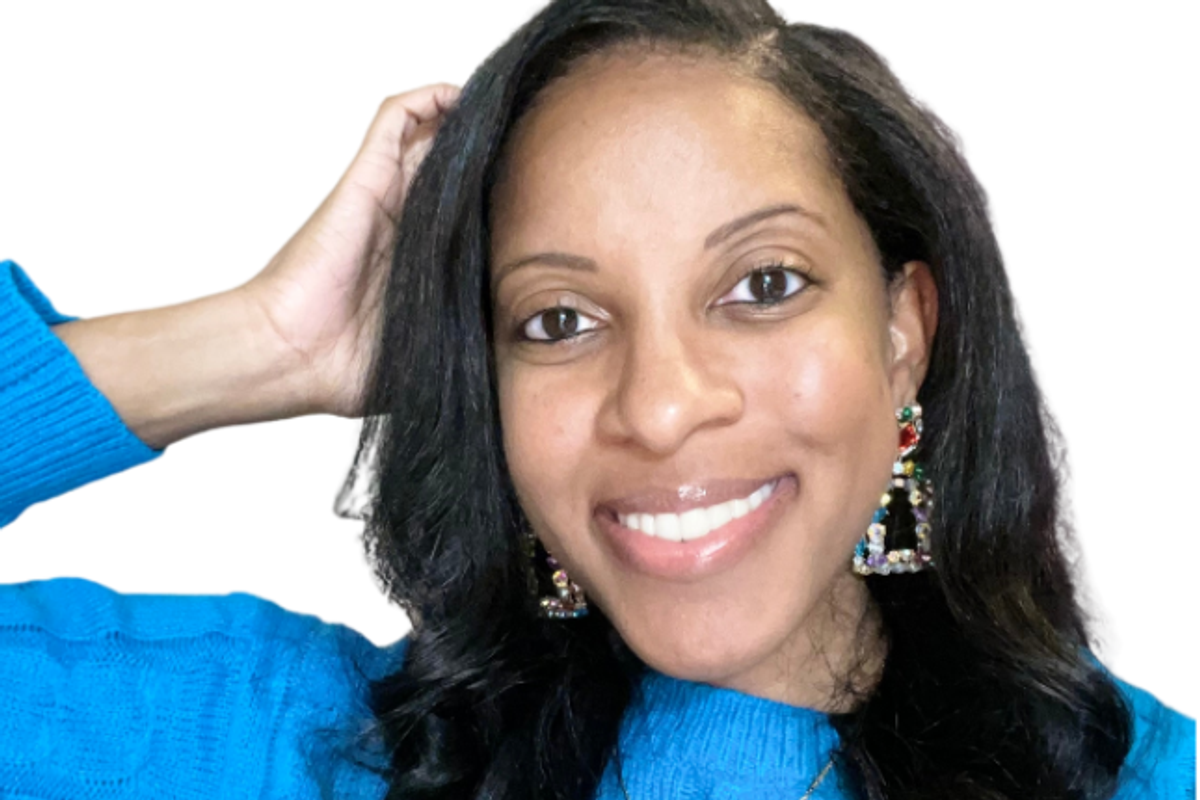
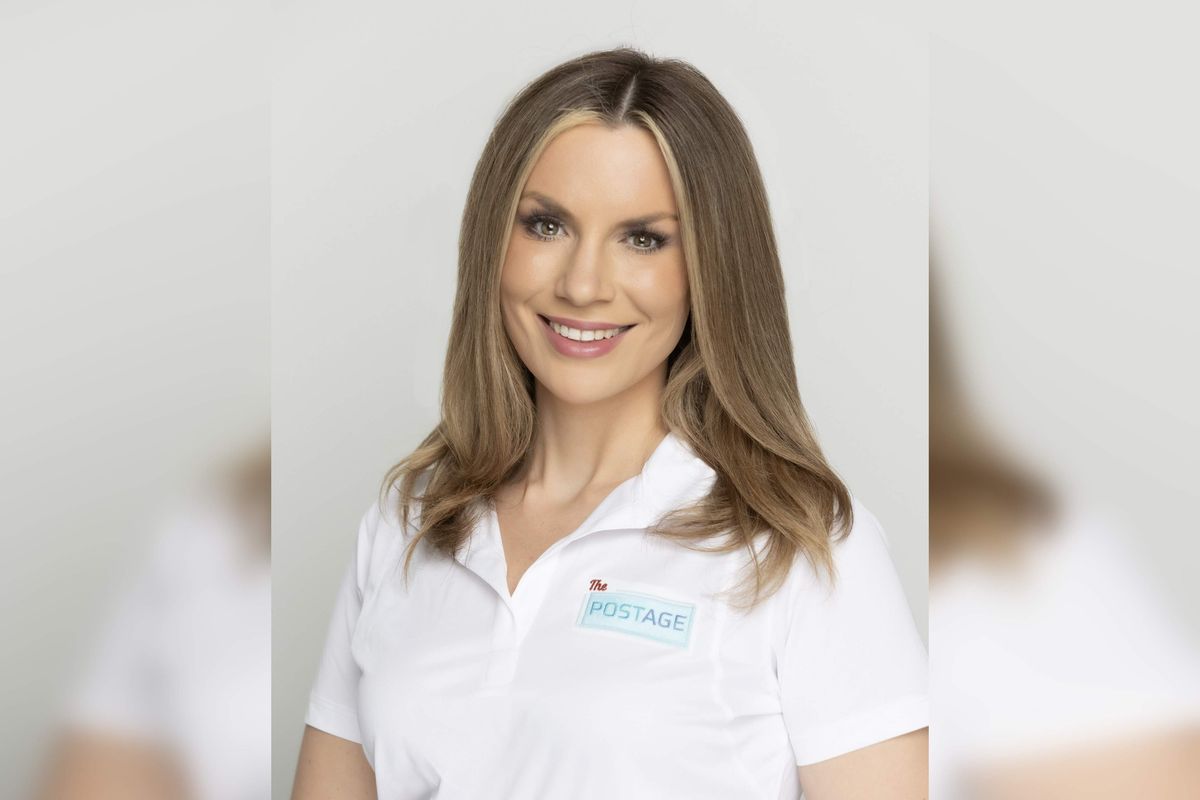


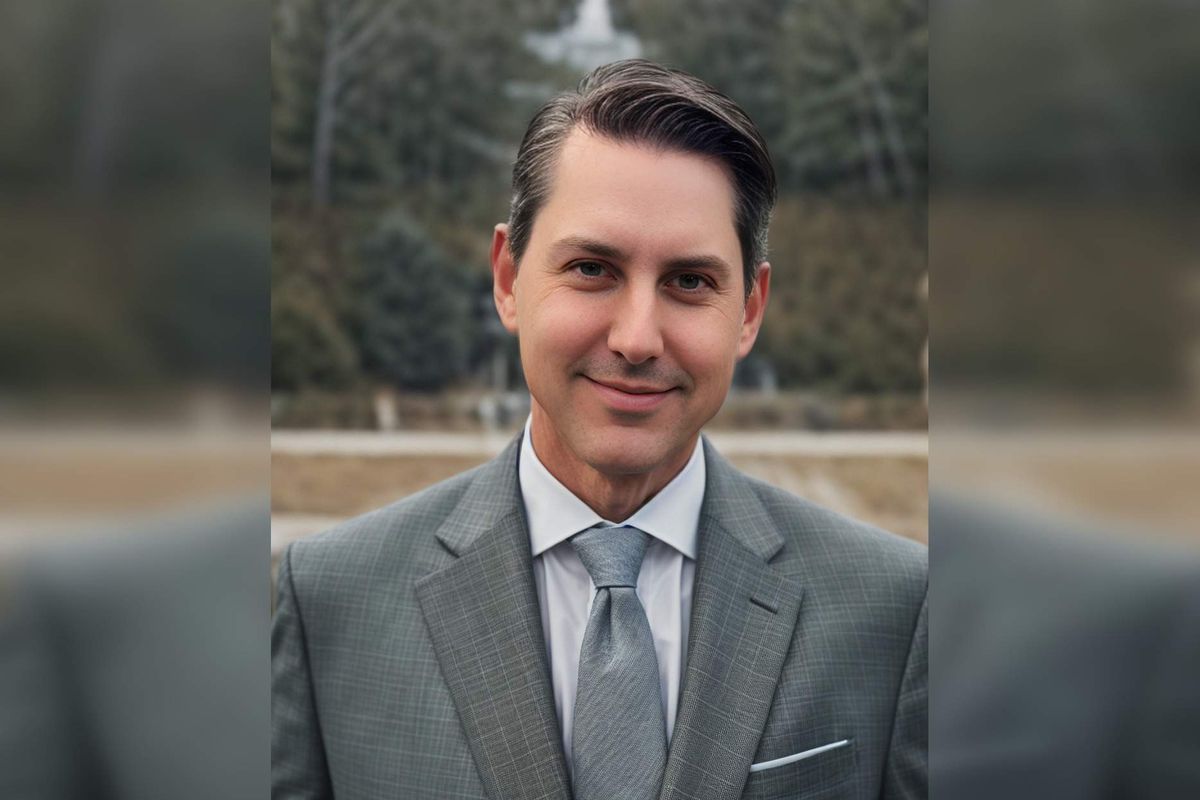
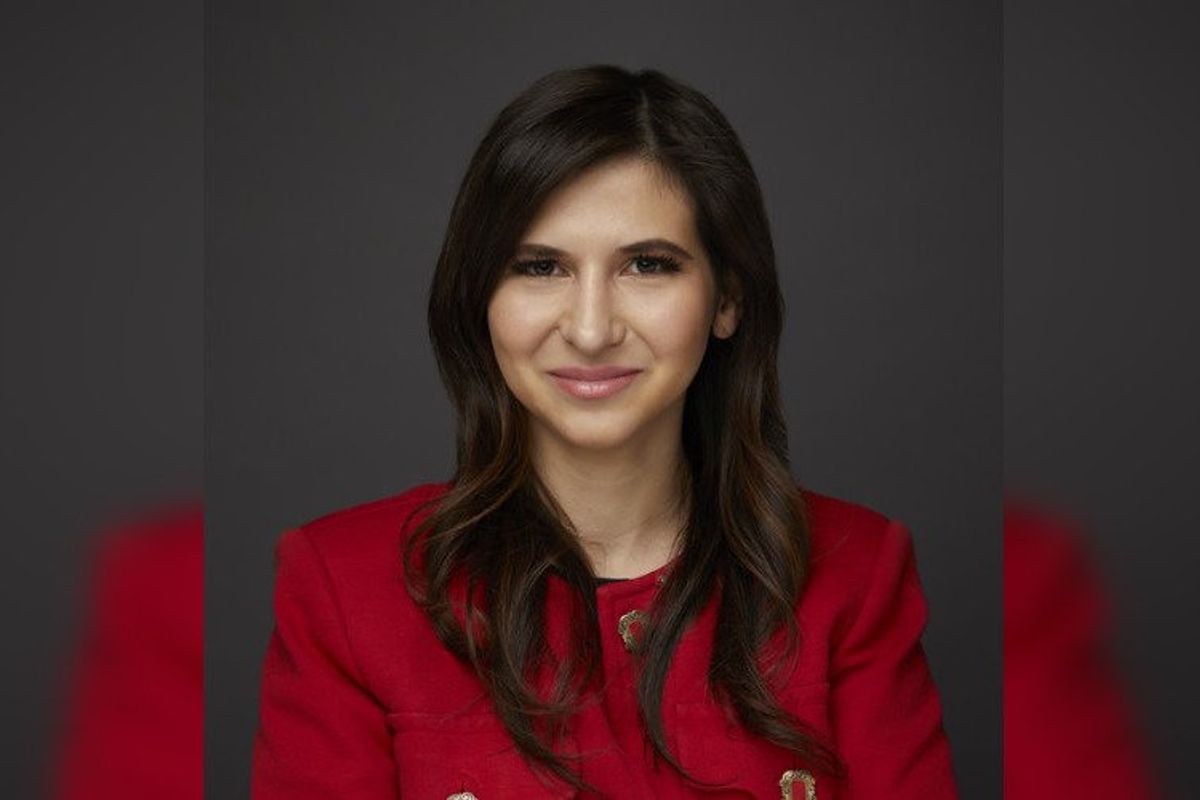
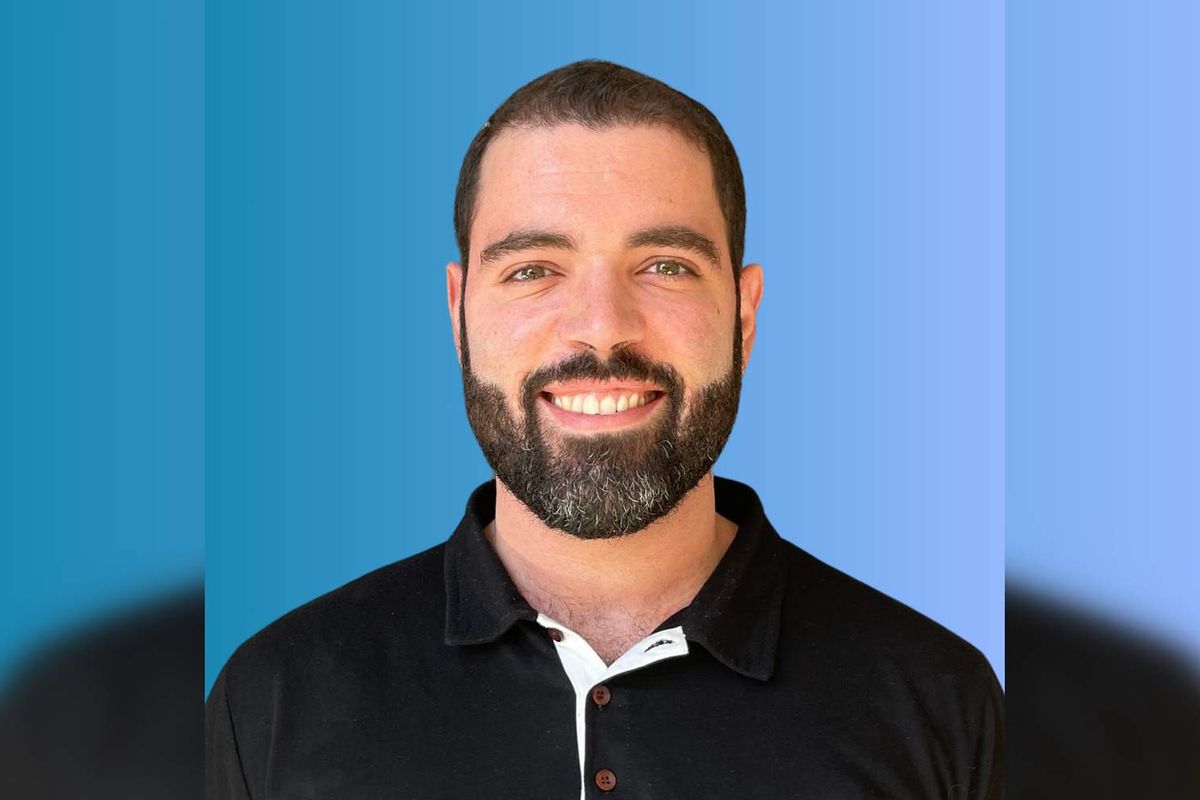

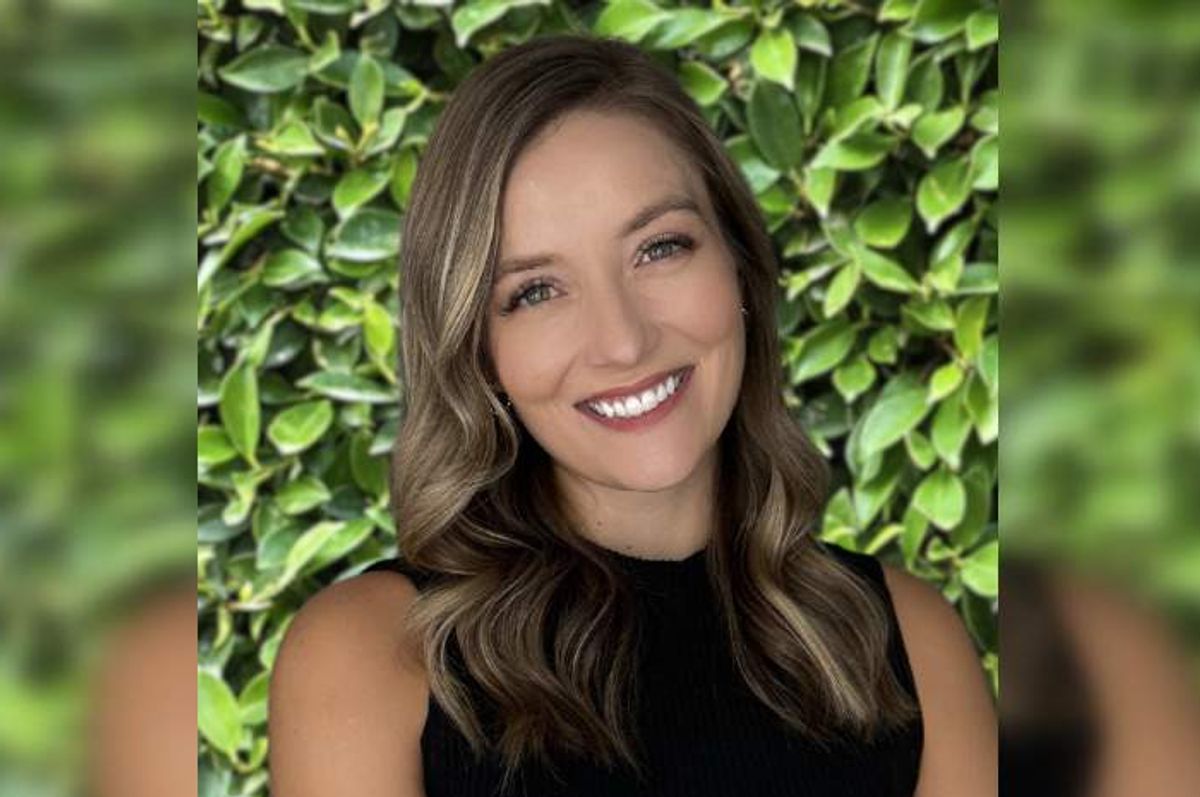

 Apple doubles down on Houston with new production facility, training centerPhoto courtesy Apple.
Apple doubles down on Houston with new production facility, training centerPhoto courtesy Apple.

